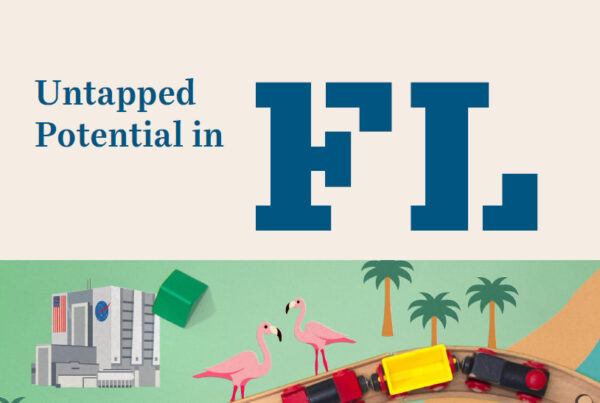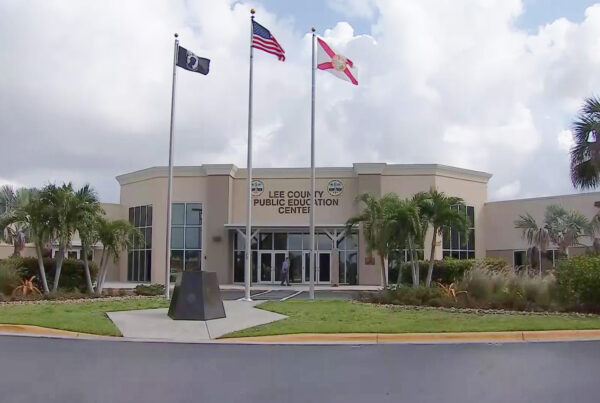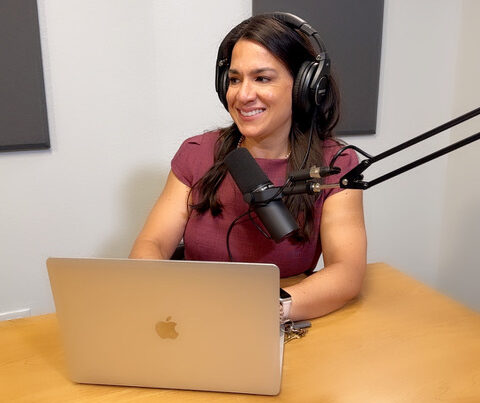FutureMakers Coalition partners, including educators, workforce developers, business leaders, economic development professionals, government officials, residents and students across Southwest Florida have joined together to launch a new educational campaign, called “FAFSA first!,” aimed at informing high school seniors and their parents in Charlotte, Collier, Glades, Hendry and Lee counties about FAFSA, the Free Application for Federal Student Aid. Spearheaded by the Access & Entry team of the FutureMakers Coalition, the goal of the campaign is to increase the FAFSA completion rate among Southwest Florida high school seniors by 5 percent this school year.
To supplement schools’ current FAFSA outreach efforts, a campaign marketing toolkit has been created to provide informational handouts and materials about the FAFSA and why it is important for students and parents to file. In addition, schools will be sharing campaign information via websites, e-newsletters, text messages and other communication channels. The campaign will also be rolled out through a robust social media presence, including Facebook, Twitter and Instagram. Geo-targeted online advertising via Google and Facebook will further boost the campaign’s reach with students and parents.
Each year, the federal government provides more than $150 billion in financial aid (grants, work-study and loans) for college and career school. To apply for this aid, every high school senior who plans to attend college or career school must complete the FAFSA. State governments and many colleges, career schools and private organizations also use FAFSA information to determine additional financial aid awards.
“In order to accomplish the goal of transforming Southwest Florida’s workforce, FutureMakers Coalition partners are collaborating to improve access to post-secondary education by increasing the number of students filling out the FAFSA,” said Tessa LeSage, director of social innovation and sustainability, Southwest Florida Community Foundation, which is serving as the backbone organization for the FutureMakers Coalition. “Research shows FAFSA completion rates correlate with the percentage of workforce who holds degrees, certificates and high-quality credentials.”
According to Florida College Access Network, the Southwest Florida FAFSA completion rate is currently 35.3 percent. As a result, millions of dollars in financial aid are unclaimed by eligible Southwest Florida high school seniors each year. In 2013, FCAN estimated graduating high school seniors in this region left behind more than $9 million in Pell Grant funds that they were eligible to receive. FCAN’s research has also shown that students who were accepted into four-year colleges were much more likely to enroll if they had completed the FAFSA.
There are two new changes to the FAFSA process that affect the 2017-2018 school year: the FAFSA is now available to be filed on Oct. 1, three months earlier than in past years, and last year’s filed income tax information should be used to complete the form.
Previously, FAFSA was not available until Jan. 1 for filing and it required income tax information for the most recent tax year, even though that often meant students’ and parents’ actual tax returns hadn’t yet been filed with the IRS. By filing the FAFSA earlier and using accurate income tax information that is already available, students and parents will benefit by receiving financial aid award offers from schools sooner and can make informed decisions about college or career school affordability.
“Ultimately, we want to create a culture of awareness and completion for FAFSA in our region, where students and parents know that the first step they need to take toward earning a degree or certificate is completing the FAFSA,” said LeSage. “For many students, receiving financial aid can be the deciding factor of where, or even if, they attend college or career school. We want to help them take advantage of the resources that are available to them to pursue postsecondary education.”
Visit www.FAFSAfirst.org to learn more about the campaign, and for information and resources about FAFSA.



























